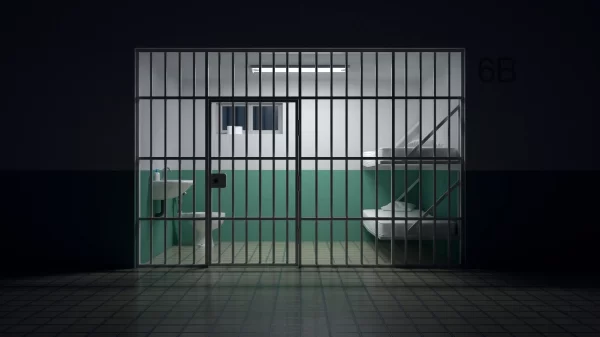A marked increase in mental health, weight, and sleeping issues has been recorded among essential workers and COVID-19 patients, according to a UAB health official from the UAB Medicine Office of Wellness.
“It’s been a long haul,” said Dr. Megan Hays, a clinical psychologist at the UAB Medicine Office of Wellness and the Professional Development Office, in a press conference Monday. “Emotions are running high, and one of the emotions that I have been seeing, even more than usual is anger, and a feeling that this could have been prevented.”
Hays highlighted recently updated data from the American Psychological Association showing weight management issues among Americans have increased, along with high numbers of psychiatric diagnoses for essential workers.
“Weight management has been a really primary concern and interesting side effect of the pandemic,” Hays said. “Many Americans [are] struggling to manage their weight. Many have gained weight, but some have also lost more weight than they would like.”
According to Hays, insomnia and sleep disturbance have also been reported by many Americans.
Another problematic area mentioned by Hays is the higher level of psychiatric diagnoses among essential workers, more so than the general population.
During question time, Hays mentioned reports of suicidal ideation, or suicidal thoughts, have increased during the pandemic.
Suicide is the 10th leading cause of death in the U.S, according to the Center for Disease Control and Prevention, with 12 million American adults having seriously considered suicide, and 1.4 million attempted suicide, in 2019.
“Whatever you’re feeling at this point in time, none of it’s wrong,” Hays said. “Something I’m seeing a lot of is people judging themselves for having some difficult emotions in the first place. Judging themselves for feeling angry, Judging themselves for feeling anxious for so long, or down or depressed, or hopeless, and when we judge ourselves for those emotions, we end up accidentally feeling worse–, You don’t have to add that layer of suffering to yourself.”























































